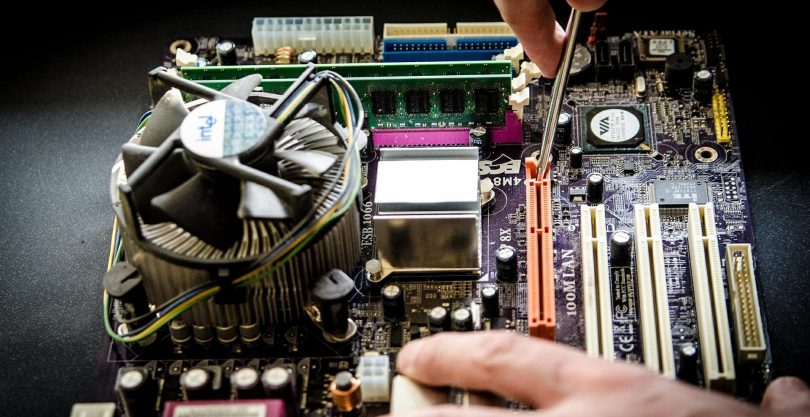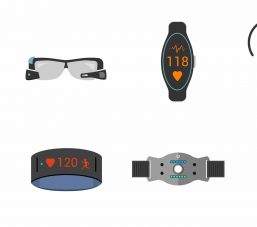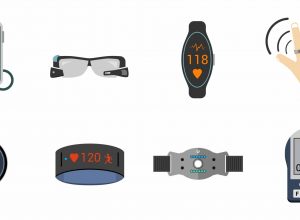As you can imagine, SSDs are the perfect choice for those who need fast access to their data.
Whether you are running a real-time business or editing videos, SSDs are a great choice for speedy data access.
This article will examine the benefits of SSDs in more detail. You may be wondering whether or not you should upgrade your computer’s storage. Read on to learn more about their advantages.
Read Write Speed Advantage
SSD disks are faster than conventional hard disk drives. This is because the technology is constantly improving and the SATA III bottleneck has been removed. Regardless of the type of workload, SSDs offer a faster access rate to data.
This means faster performance for everything from waiting for apps and services to start to carrying out storage-intensive tasks. For instance, a HDD slows down dramatically when copying a large file, whereas an SSD continues to work while the file is being copied.
There are a few myths about SSD disks. First of all, they are not guaranteed to last forever. Many of these myths were based on assumptions from the 1990s. In reality, SSDs have a lifespan of up to 3,000 writes and can survive if the OS is optimized. Also, SSDs are more resistant to physical damage. Because they don’t have moving parts, they are less likely to be damaged by a drop. They also last a much longer time, as they don’t have moving parts.
Cheaper than alternatives
While high-end SSDs can be expensive, cheaper versions can be just as powerful. While the more expensive disks typically offer more storage space, you can find a cheap SSD disk that meets your needs.
You’ll find that the cheaper models can also be used in place of a conventional hard drive, giving you the same performance as an expensive one. So how do you decide which one to buy? Read on to find out the best ways to choose a disk for your computer.
When it comes to storage capacity, SSDs are among the fastest available. They can hold up to two or three times as much data as a traditional hard drive.
The price of these drives has dropped dramatically in recent years. New technologies are making them more efficient, enabling them to hold more data in a smaller area. However, they are still costly and may not be as reliable as a cheaper option. For that reason, it is important to shop around and compare several different models.
Lighter Compared to Its Alternatives
There are a number of advantages to using lighter SSD disks as storage media. SSDs are incredibly light, weighing just six to 60 grams. The smaller the storage capacity, the lighter it will be.
These disks can be smaller and more compact than HDDs, which have multiple parts: a spindle, platters, read/write arm, actuator, and more. These advantages make them an excellent option for portable storage.
The most obvious difference between SSDs and HDDs is their size. SSDs are more compact and lightweight than HDDs, which have several moving parts, including a spindle, motor, and rotating disks. Since HDDs use moving parts, they are susceptible to damage and crashes.
SSDs are also more resistant to vibration, and are capable of withstanding up to 2000 Hz. HDDs also have a sequential approach to data transfer, requiring the physical read/write head to seek to a suitable point on the hard drive. The seek time can be significant, depending on file system layout and file system fragmentation. SSDs can also be used in laptops, although they are prone to performance limitations.
More Durable Building Material
SSDs are different from traditional HDDs in a number of ways. First and foremost, SSDs are able to withstand a variety of environmental conditions, including shock, vibration, extreme temperatures, and magnetic fields. In addition, SSDs are small, requiring less power, and have better endurance than HDDs.
For this reason, many businesses are switching to SSDs for their data storage needs. And, if you’re in the market for a new hard drive, it’s highly recommended that you get an SSD.
However, SSDs are not infallible, and their reliability will depend on your usage. The P/E cycle and Mean Time Between Failures specs will help you determine whether or not a drive is worth the price. And if you have an SSD, it’s always worth the investment, as time is money.
So, how do you know which SSDs are the best? Read on to learn more. Once you’ve decided which type of drive to buy, consider the performance specifications.
Read : Solid-state drive
Recommended Youtube Video to Watch ;






















Comments